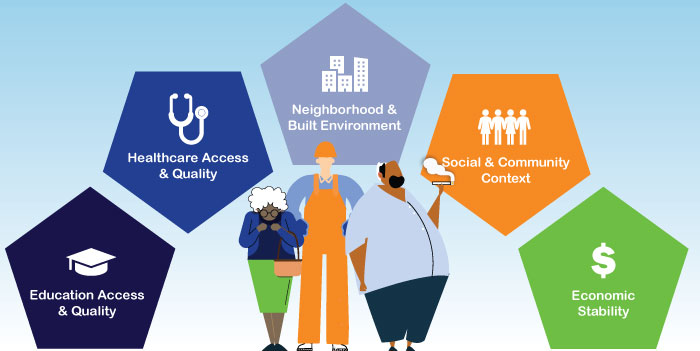Stay informed... subscribe for "All Things PDM"
SOLUTION & RESOURCE INDEX
|
PROVIDER DIRECTORY SOLUTIONS:
Provider Directory Portfolio ProviderDirectoryAI Chat Bot Transparency in Coverage Solution |
PROVIDER DATA MANAGEMENT SOLUTIONS:
Provider Data Management Portfolio Roster Management Data Cleansing Provider Data Hosting |



